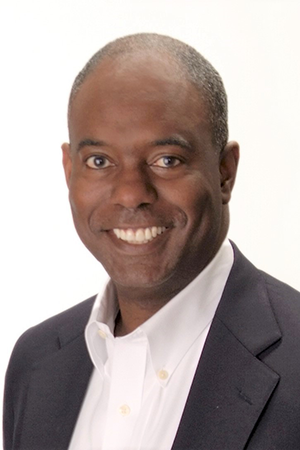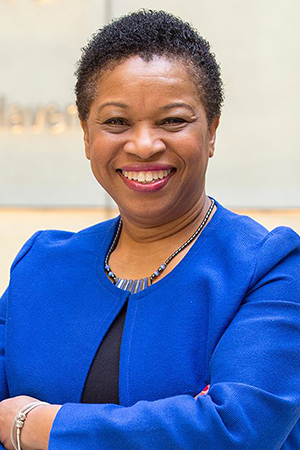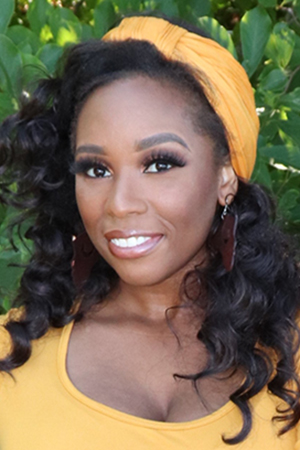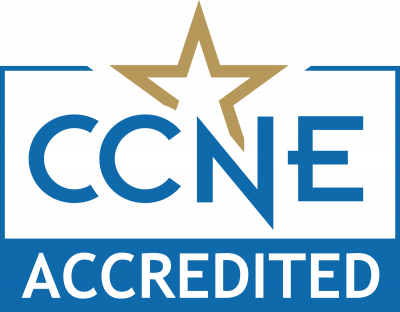3
DEI
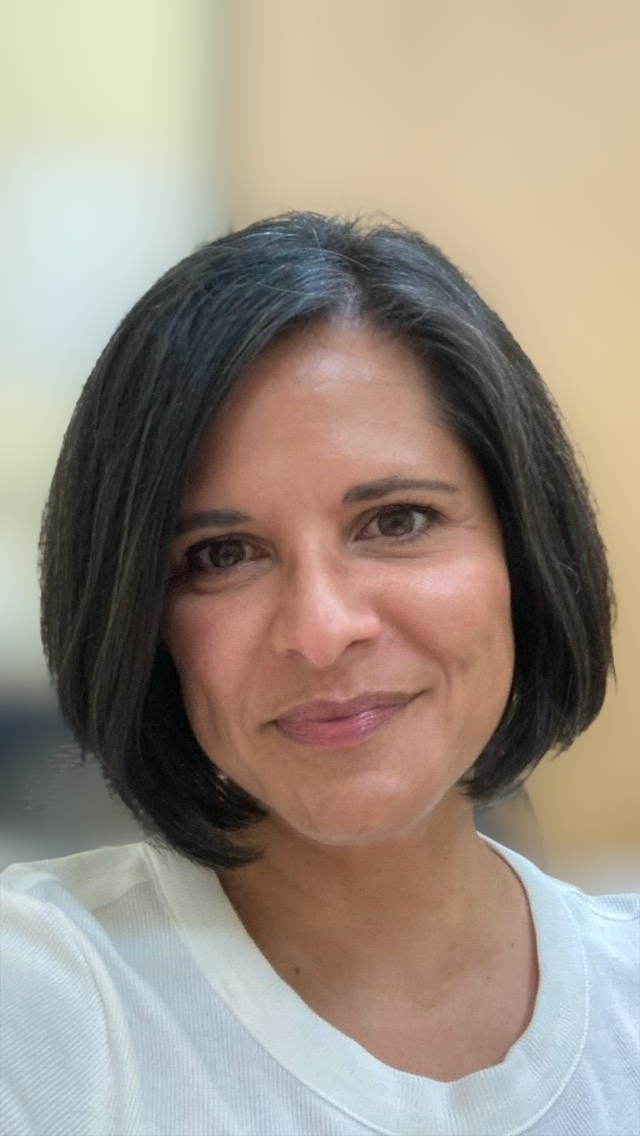
MaryAnn Perez-Brescia
Ph.D., RN
Assistant Clinical Professor
Director of Diversity, Equity, and Inclusion
Community Members
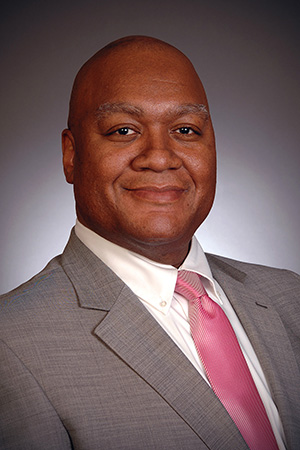
Carlos Brown, MHSA
Vice President of Compliance & Risk Management/Chief Compliance Officer, Medical College of Wisconsin

Catina Caban-Owen, PhD, ACSW, LCSW, MPA
Member Windham Public Schools Board of Education, former Social Worker for Windham Schools
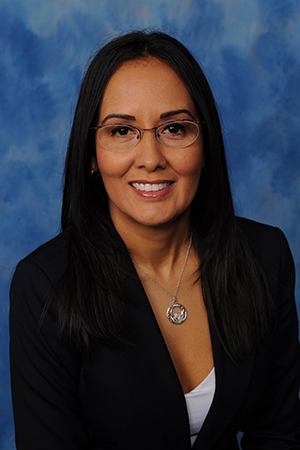
Evelyn Gonzalez, MSN, RN, NE-BC
Director of Clinical Workforce Development, Memorial Healthcare System, Miramar, FL









